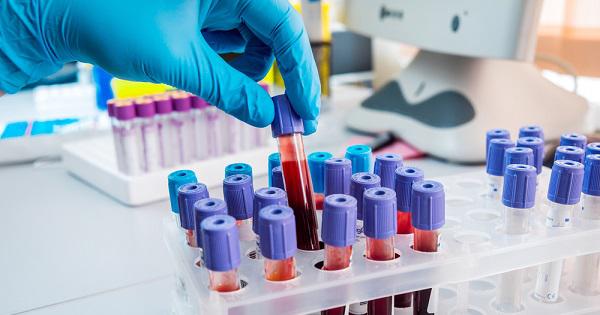The field of medicine is constantly evolving with new treatments and technologies emerging every year. However, not all medical treatments are created equal, and some are more controversial than others. The use of experimental medical treatments, in particular, raises ethical questions about patient safety, consent, and the pursuit of scientific advancement. Shepherdsville Personal Injury Lawyer can help ensure an ethical treatment in experimental medical cases by advocating for patients’ rights and safety. In this article, we will explore the ethics of experimental medical treatments and the boundaries of medical research.
What are Experimental Medical Treatments?
Experimental medical treatments are treatments that have yet to be fully tested or approved by regulatory bodies such as the FDA. These treatments are often used in clinical trials to evaluate their safety and effectiveness in treating a particular condition. While some experimental treatments may hold promise for patients who have exhausted all other options, others may be risky or even dangerous.
What are the ethical concerns around experimental medical treatments?
The use of experimental medical treatments raises a number of ethical concerns. One of the main concerns is the safety of patients who participate in clinical trials. Because these treatments are not yet thoroughly tested, patients may be at risk of harm. Researchers have a duty to minimize the risks to patients and ensure they are fully informed about the potential risks and benefits of participating in a trial.
Another ethical concern is the issue of informed consent. Patients must be fully informed about the experimental nature of the treatment and the potential risks and benefits before they can consent to participate in a clinical trial. However, some patients may be vulnerable or desperate for a cure and may not fully understand the risks involved in participating in a trial.
The pursuit of scientific advancement is another ethical consideration in the use of experimental medical treatments. Researchers may be tempted to push the boundaries of medical research to develop new treatments, but they must do so within ethical boundaries. The use of experimental treatments must be balanced with the need to protect patients from harm.
Where do we draw the line?
The question of where we draw the line with experimental medical treatments is a difficult one to answer. On the one hand, we want to pursue scientific advancement and develop new treatments that can benefit patients. On the other hand, we must ensure that patient safety and informed consent are at the forefront of medical research.
